 |
 |
View Basket |
|
|
|
Logic and Bounded Rationality Series edited by Marcello D'Agostino, Dov Gabbay, Sanjay Modgil, Costanza Larese Herbert Simon introduced the term ‘bounded rationality’ in the 1950’s, as a challenge to the idealized account of perfect rationality underlying neo-classical economics, prompted by the recognition that this account imposes reasoning “costs” that real-world agents cannot afford. The goal was to develop a conception tailored to the cognitive and computational limitations of real agents. Since then, the idea of bounded rationality has been adopted by a wide variety of disciplines, including economics, cognitive (neuro)sciences, biology, artificial intelligence, philosophy, etc., generating a conspicuous bulk of cutting-edge research that accounts for various kinds of sub-optimal, and yet effective, inferential and decision procedures. On the other hand, there is an urgent need for a comprehensive logical view of bounded rationality that complements other more psychologically and empirically grounded approaches. We understand “logical” in a broad sense; one that accommodates sub-optimal, yet principled, models of deductive, non-monotonic and plausible reasoning that comply with a range of practical constraints. Under the general title of “Logic and Bounded Rationality” this series aims to create a community of researchers addressing the following questions: “How do models of reasoning account for the limitations of real-world agents, and how can these models be formalised so as to yield outcomes that are ‘sufficiently’ rational for practical purposes?”. Submissions of book proposals, monographs or conference proceedings, are welcome and can be addressed to the series editors.
|
| © 2005–2024 College Publications / VFH webmaster |


